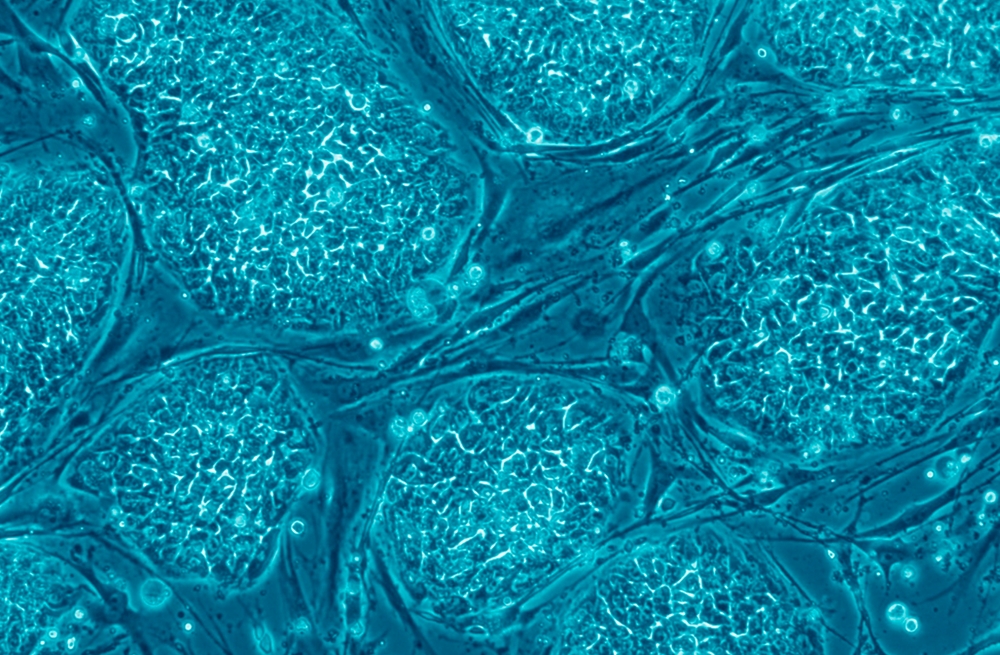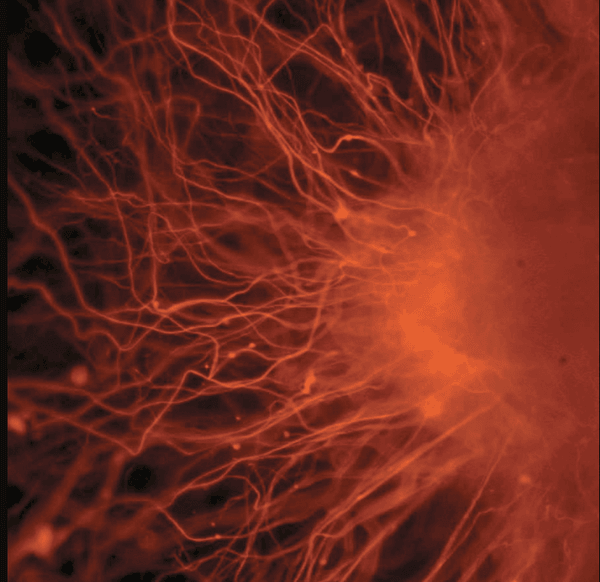Presented remotely online from Ōtepoti / Dunedin & Santa Barbara, CA.
>> LINK << September 23rd : 12noon : Find your time here:
Panelists: Associate Professor David Ciccoricco University of Otago, Professor Rita Raley University of California Santa Barbara,
Ursula Standring Bellugue University of Otago (MA candidate)
Simulation is a semantic hydra, taking on different roles and stirring different reactions depending on the discipline or cultural lens. Feared by cultural theorists, fetishized by Silicon Valley, weaponised by fascists, and monetized by everyone under the (Meta)sun, simulation is now a default paradigm and cultural dominant. But its default digital connotations also obscure intense interest from the psychological sciences that understand simulation as a foundational cognitive mechanism for mutual human intelligibility or even the putative engine of empathy. In this context at least, simulation is something deeply and profoundly humanizing, setting up a tension between what we might call embodied and disembodied infrastructures for simulation.
Simulation clearly transcends what Alan Liu calls the domain of rhetoric, representation, and interpretation. So if we are to humanise it, we will need to think outside the prototypical humanist box. The proposed panel will consider the critical and aesthetic implications of simulation in the “now” of the 21st century, and the role of digital art in interrogating it.
Using the autonomously animated and psycho-biologically modelled virtual infant BabyX (Soul Machines, Auckland) as a focal point, the panel will function as a roundtable discussion of critical simulation on both a global and local scale. In the context of Aotearoa New Zealand, what is lost or gained from simulating – or gamifying – indigenous identity? Is it even possible to simulate culture?
Images credited to Nissim Benvenisty – wikimedia commons

